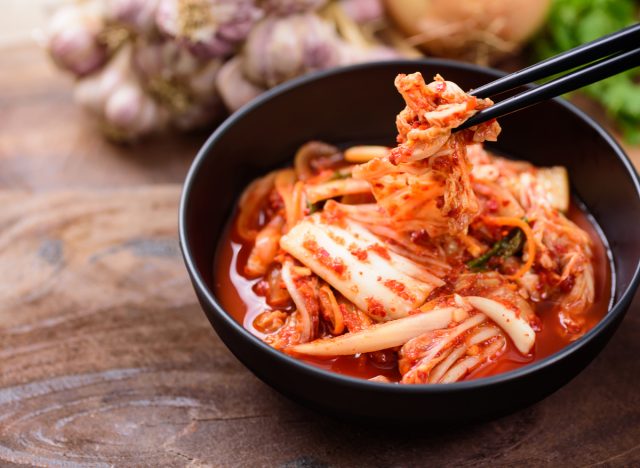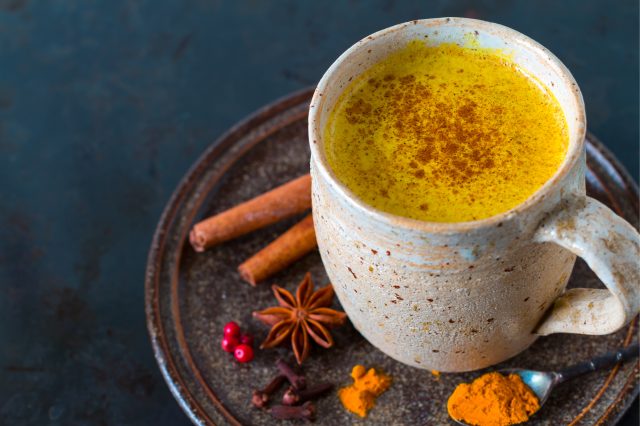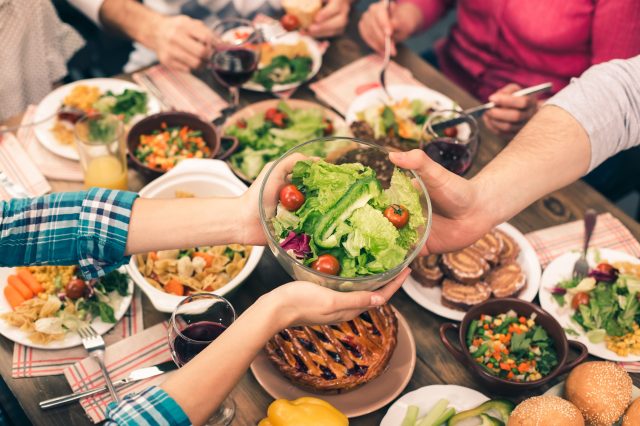Learn more about ‘The Best Foods To Fight Seasonal Affective Disorder (SAD)’ Try consuming more pomegranates and less candy canes if you’re experiencing a “blue Christmas.” If you’re experiencing seasonal affective disorder, sometimes known as SAD, a kind of depression, changing to a healthier diet may help you feel better.
During the winter holidays, a lot of people report experiencing actual sadness. For other people, sorrow is a seasonal occurrence that comes in cycles. The theory behind seasonal affective disorder (SAD) is that the shorter days of winter cause people to receive less sunshine than usual.
A chemical alteration in the brain may result from this. Fatigue, despair, hopelessness, and social seclusion are among the typical signs of SAD. Typical therapies for depression include talk therapy, light therapy, and antidepressants. But altering your diet could also be beneficial.
While some study has been unsuccessful in identifying a specific dietary strategy that alleviates symptoms, other clinical research shows that foods and nutrients that are useful in treating clinical depression may also be helpful in treating SAD. Registered dietitians and other nutrition professionals frequently advise their SAD patients to experiment with removing some items and introducing healthier ones to see if they feel better.

Uma Naidoo, MD, is a Harvard-trained nutritional psychiatrist, professional chef, nutritional biologist, and author of the New York Times and internationally bestselling This Is Your Brain on Food. “When discussing depression with my patients, I often use the phrase “blue bowel,” a lighthearted name for the very serious relationship between depression and your gut, says Dr. Naidoo. Food affects the chemical signals that gut bacteria transmit to the brain, which may either make you feel exhausted and sad or energetic and elevated.
Try adopting a strategic approach to your diet by include more of these foods and good practices in your routine to help your gut microbiota and maybe dispel those SAD clouds. Here is what the professionals advise.
Try Fermented Foods

Kimchi, sauerkraut, pickles, kefir, and yogurt all help to support the growth of beneficial gut flora. According to Naidoo, this may increase specific brain chemicals that lessen depressive symptoms.
Eat More Berries And Leafy Greens
According to Naidoo, they are a wonderful choice since they are full of nutrients that are healthy for the brain and antioxidants. A recent study published in the British Journal of Nutrition also discovered that eating berries and other fruits often was linked to better psychological wellbeing and lower levels of sadness.
Furthermore, Naidoo contends that plants like kale, spinach, arugula, and collard greens are excellent for preserving mental health and enhancing cognitive performance.
Snack On Nuts And Seeds
Naidoo claims that walnuts are especially advantageous for brain health because they contain tryptophan, an amino acid required for the synthesis of the hormone serotonin, which regulates mood.
Turn Up The Turmeric (And Other Spices)

Naidoo advises to “think about winter’s comforting spices: nutmeg, cinnamon, and ginger.”
Particularly, the key component of turmeric, curcumin, is a potent anti-inflammatory that safeguards the brain.
Naidoo advises taking turmeric with a dash of black pepper to increase absorption.
Follow The Mediterranean Diet
A Mediterranean diet includes fish, beans, nuts, seeds, various kinds of vegetables, olives, and olive oil.
Fewer people are aware of how much nutrition may influence depression, according to Bill Bradley, RD, president of MediterraneanLiving.com. “Most people know that what you eat can effect your weight, your heart, and your risk for diabetes, but not as many,” he adds.
According to studies, transitioning from a diet strong in processed foods to a Mediterranean diet dramatically lowers the risk of depression in both men and women, including older persons.
The combination of eliminating processed foods and boosting nutrient-dense foods doubles the mood-enhancing advantages of the Mediterranean diet, according to Bradley. “Diets heavy in ultra-processed foods increase risk of depression,” he adds.
Pass On The Sugar Plums And Strive For Balance
Stay away from the abundance of Christmas candy, cookies, and sugary drinks. on the festive feast (or just take a tiny nibble). Those goodies could make you feel worse off.
A high sugar intake has been linked to psychological health problems, including generalized depression symptoms that might increase as a result.
According to Bonnie Taub-Dix, RDN, CDN, a registered dietitian nutritionist, eating sugary goodies may cause havoc with your blood sugar levels, making you feel like you’re driving on a roller coaster rather than a smooth road.

Be mindful of the eating patterns that SAD patients frequently exhibit. According to a review of six research published in the journal Frontiers in Psychology, SAD patients had a tendency to eat much bigger late-day meals and snack more in the evenings than healthy patients did. Additionally, they showed a higher frequency of emotional eating patterns and binge eating. Taub-Dix advises against missing meals and following limiting, unattainable diets because of this.
Taub-Dix suggests, “Eat frequently; it’s true that when you balance your meals, you’ll feel more balanced.
Choose Carbs—But Carefully
Consider this: Meals that we were fed as children, foods that make us feel better, foods that don’t take much effort to chew and absorb, are typically what we desire when we’re not feeling well. This kind of cuisine often contains carbohydrates. Carbohydrates breakdown in our digestive tract far more quickly than fats and proteins do.
Despite the fact that far too many individuals have unfavorable opinions about carbohydrates, Taub-Dix asserts that they may really improve your mood if you consume the proper kinds and quantities for your body. “Carbohydrates will give you energy and make you feel better the fastest. A relaxing sensation is produced by carbohydrates because they have a substantial impact on serotonin, a brain neurotransmitter that strongly influences both food and emotion.”
Instead of eating sugary carbohydrates, which can immediately depress your mood, choose slow-burning carbohydrates like whole-grain bread, potatoes, and pasta that include fiber and protein.
Final Thoughts
Remember that not every diet is made equally. The same things that may make one SAD sufferer happy may make another SAD sufferer have heartburn, headaches, and even worse depressive symptoms. Naidoo contends that “the finest care is customized to each person’s particular requirements” since every person responds differently.
Naidoo routinely gives her SAD patients two additional pieces of advise to assist them get through the winter blues. She begins by highlighting the significance of cultivating wholesome connections. Engaging in community activities and interacting with friends and family are effective treatments for depression symptoms. She also emphasizes the advantages of spending time outside.
According to Naidoo, spending only 10 minutes outside can meet 80% of your daily vitamin D requirements, which will improve your mood.
Another crucial point to remember is that, even while changing your diet might occasionally assist with SAD symptoms, eating properly is only one component of the answer. People with severe and protracted symptoms should consult their doctors right once so they can develop a comprehensive treatment plan that may include talk therapy, medication, and dietary modifications.









